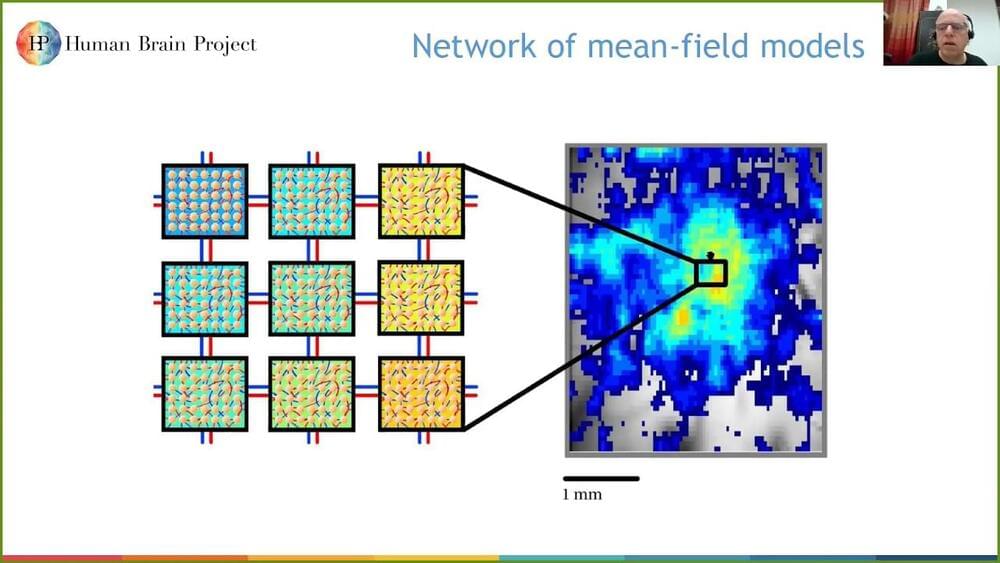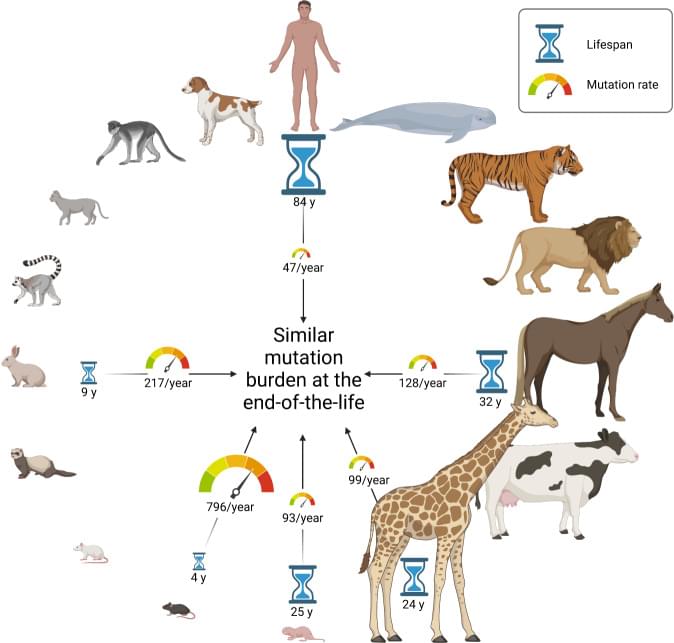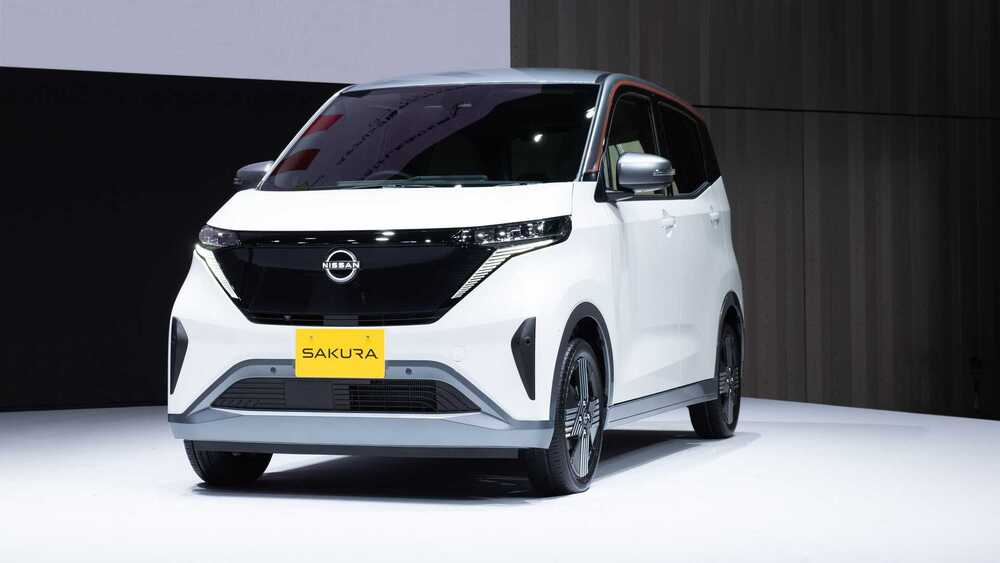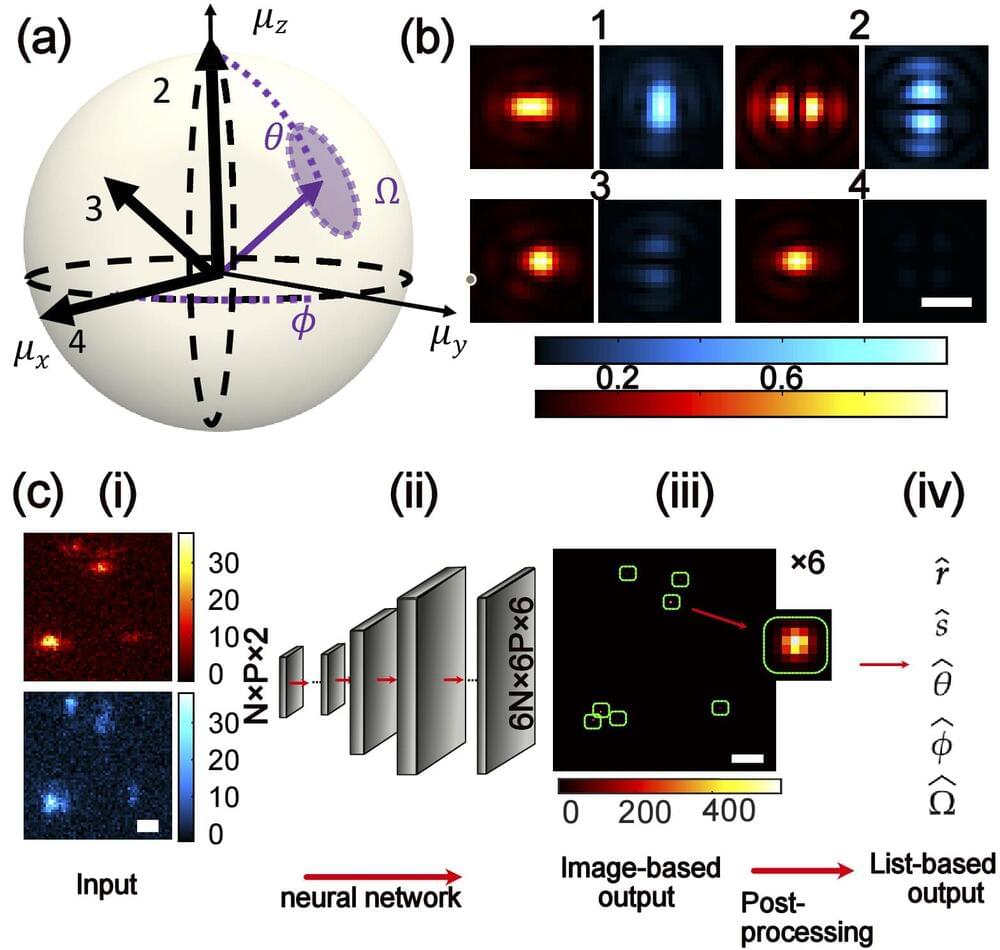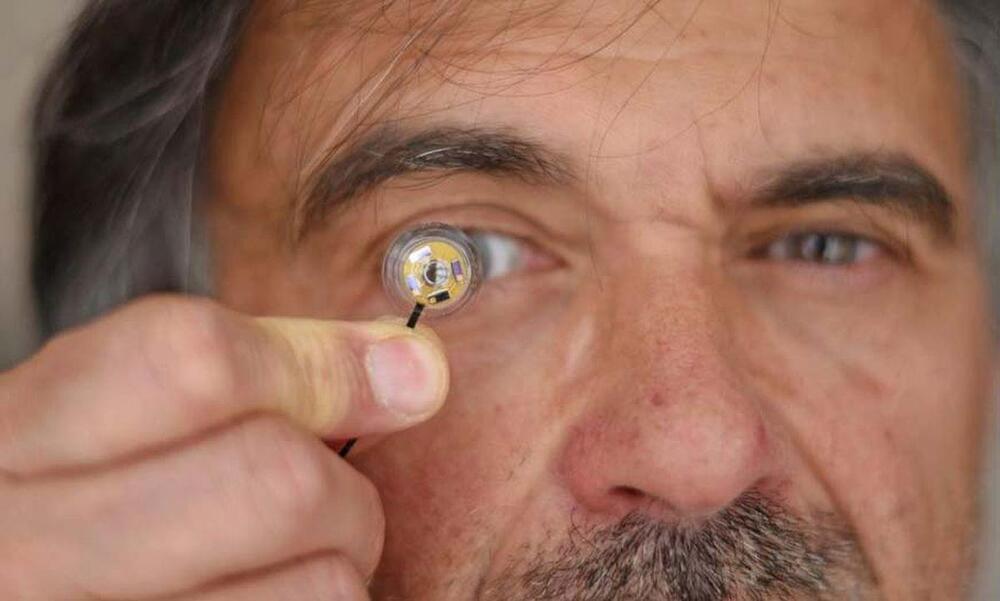
More and more companies and scientists are working to equip contact lenses with applications that not long ago still seemed like science fiction, such as the ability to record videos or diagnose and even treat diseases. Mojo Vision, an American startup, is one company that has been improving its prototypes since 2015. It is currently developing an ambitious project involving augmented reality lenses that, in addition to correcting your vision, will let you consult all kinds of information, from the trails on a ski slope to your pace when you run, all through microLED displays the size of a grain of sand.
“In the short term, it sounds like a futuristic idea, but 20 years ago we couldn’t even imagine many of the technological advances that we have today,” says Ana Belén Cisneros del Río, deputy dean of the College of Opticians-Optometrists in the Spanish region of Castilla y León, of the Mojo Vision project. However, Daniel Elies, a specialist in cornea, cataract and refractive surgery and medical director of the Institute of Ocular Microsurgery (IMO) Miranza Group in Madrid, does not believe that this type of contact lens will become part of everyday life anytime soon, “especially due to cost issues.”
One of the companies interested in manufacturing augmented reality contacts is Magic Leap. Sony, for its part, applied a few years ago for a patent for lenses that can record videos, and Samsung did the same for lenses equipped with a camera and a display that projects images directly into the user’s eye. Some researchers are trying to create robotic lenses that can zoom in and out with the blink of an eye, and yet others are working on night vision contact lenses, which could be useful in military applications.
